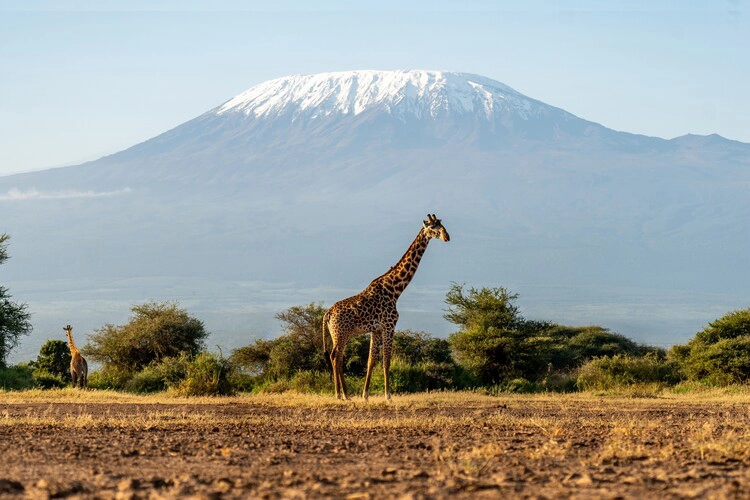
With the effects of climate change wreaking havoc on the continent, Africa faces the loss of its remaining glaciers in just a few decades
By
Africa’s final glaciers – on mountains including Kilimanjaro, the Rwenzori Mountains in Uganda and the Mount Kenya massif in Kenya – are set to completely melt away by 2040, in projections made by the World Meteorological Organisation (WMO) and the African Union.
The melting of the three glaciers would signal the first time a continent is entirely glacier-free for tens of thousands of years. All three glaciers are melting at a rate that the entire continent is set to become ice-free within just a few decades, according to climate and glacier scientist at the University of Massachusetts, Douglas Hardy.
In 2016 alone, Mount Kenya lost more than half of its glacier mass. Other glaciated mountains in the Rwenzori Range have experienced a glacier retreat of 67 percent since 2005.
The rapid shrinking of the last remaining glaciers in eastern Africa, which are expected to melt entirely in the near future, signals the threat of… irreversible change to the Earth system,’ WMO Secretary-General Petteri Taalas said.
‘Mount Kenya is expected to be deglaciated a decade sooner, which will make it one of the first entire mountain ranges to lose glaciers due to human-induced climate change,’ Taalas continued.
Africa is no stranger to the very real effects of climate change. Despite only accounting for just two to three per cent of total greenhouse gas emissions worldwide, Africa faces severe impact from climate change such as drought-prone croplands, floods and extreme heat. The effects of extensive flooding in East and West Africa in 2020 – combined with the largest locust infestation in recorded history in 2019 – also continues to plight the continent.




